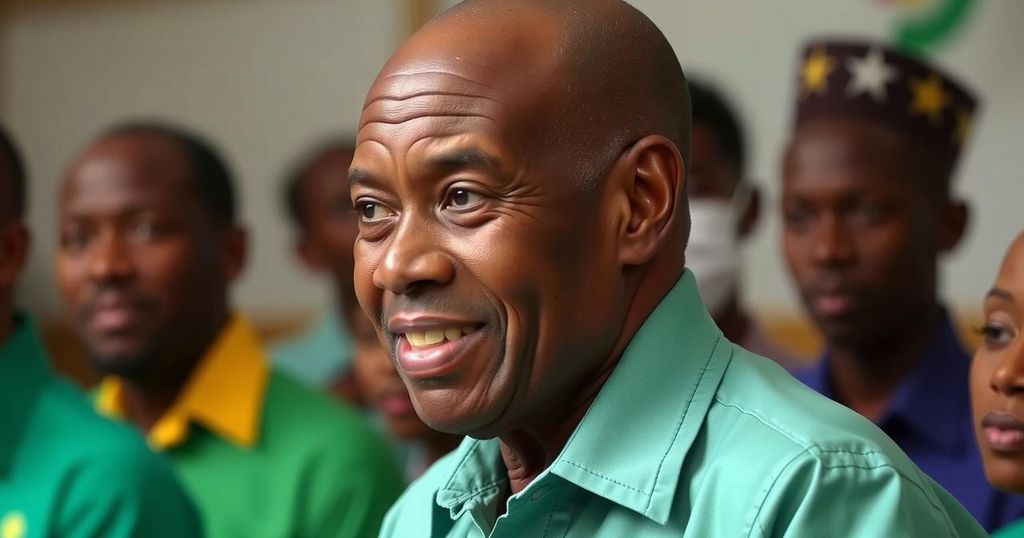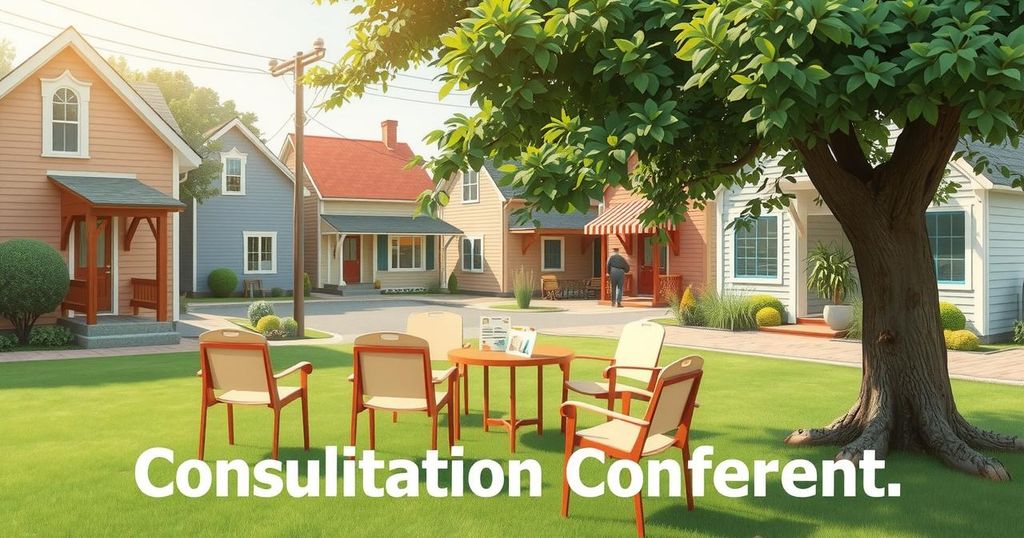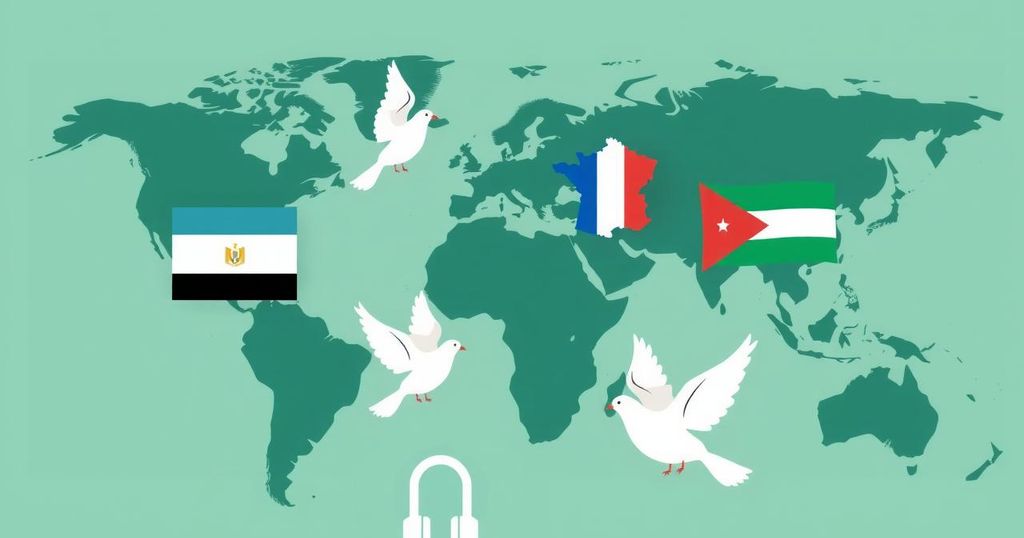Chad’s First Parliamentary Elections in Over a Decade: A Controversial Step Towards Democracy
Chad is conducting its first parliamentary elections in over a decade, seeking to mark a transition towards democracy. The elections are being held under the cloud of opposition boycotts, accusations of autocratic practices, and various security challenges. Many opposition leaders are calling the elections a mere legitimization of the ruling Patriotic Salvation Movement’s governance, questioning the fairness and inclusivity of the voting process.
Chad is currently conducting its first parliamentary elections in over a decade, marking a significant event in the country’s gradual transition from a military-led government to a civilian administration. Organized on a backdrop of past delays attributed to financial constraints and the COVID-19 pandemic, these elections aim to solidify the recent political changes initiated following the death of longstanding leader Idriss Deby Itno. Despite the government’s assertion that these elections are a cornerstone of democracy, many opposition parties are challenging the legitimacy of the electoral process, dubbing it a mere facade to consolidate power for the ruling Patriotic Salvation Movement (MPS).
Amid various security threats and a heightened political tension, opposition group leaders have openly criticized the conduct of the elections and have called for a boycott. With the voting process underway for approximately 8.3 million registered voters across the country, there is an acute sense of skepticism about the fairness and inclusivity of the elections, especially in light of continued reports of repression against dissenting voices and opposition members.
The political landscape in Chad has been tumultuous, particularly following the passing of Idriss Deby Itno in 2021, which led to a military takeover by his son, General Mahamat Idriss Deby. The past decade has been marked by the absence of parliamentary elections, heightened civil unrest, and numerous protests calling for democratic reform. Opposition parties have been vocal about their discontent, citing government repression and the current electoral conditions as significant barriers to a transparent and equitable democratic process. These elections are pivotal in setting a precedent for governance in not just Chad but potentially other nations in the Sahel region that have faced similar political strife.
The elections currently taking place in Chad are shrouded in controversy, reflecting the ongoing struggles for democracy in the region. As Chadians head to the polls amidst a backdrop of opposition boycotts and accusations of autocracy, the outcome may either reinforce the ruling party’s grip on power or ignite further calls for a more inclusive and representative political system. The international community and local rights organizations are closely monitoring the elections, emphasizing the importance of credible and fair electoral practices as the nation navigates its democratic journey.
Original Source: www.aljazeera.com




Post Comment